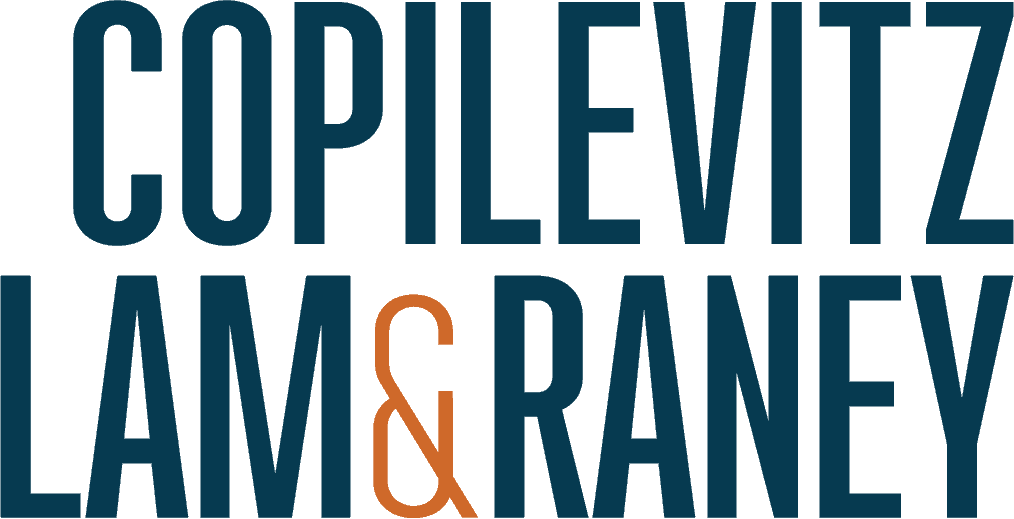Summary
Although federal wiretapping law permits one party to record, monitor or otherwise intercept its own conversations, state law can vary. If you engage in web chat customer support, you should review compliance with state and federal wiretapping laws and potentially disclose potential monitoring of those communications to your customers.
Article
Class actions that claim surreptitious monitoring of telephone conversations are a real danger for legitimate companies using monitoring for quality control or security purposes.
Although federal wiretapping law permits one party to record, monitor or otherwise intercept its own conversations, state law can vary, sometimes requiring that both or all parties consent to a conversation being intercepted.
It is important to clarify two terms used above. First, the term “conversations” applies to any “wire, oral or electronic communication,” i.e., it’s not limited to telephone conversations. Second, “intercept” is similarly broad in scope applying to digital recording, electronic real time monitoring, or even physically listening to a conversation without the knowledge of the participants.
A recent class action settlement makes compliance with these state and federal laws a particularly pressing issue because class action plaintiffs’ firms will be aware of the money involved, and will be looking for creative ways to get in on the action.
In Batmanghelich v. Sirius XM Radio, two defendants settled for a total of more than $9 million for allegedly illegally recording or monitoring a business’ inbound and outbound telephone calls.
In 2006, the California Supreme Court laid the foundation for this suit when it held in Kearney v. Salomon Smith Barney that its privacy law requiring that consent be obtained by all parties applies to all calls made to California residents, regardless of where the call originates.
As the Court acknowledged, this changed the existing law that the wiretapping law applied only if the interceptor was in California. In Kearney, the Court held that calls made by a caller located outside the state, in this case Georgia, were subject to California law because the principal purpose of the state’s law is “to protect the privacy of confidential communications of California residents while they are in California.”
California law provides that “any person who has been injured by a violation of this chapter may bring an action against the person who committed the violation for the greater of the following amounts: (1) Five thousand dollars ($5,000) (2) Three times the amount of actual damages, if any, sustained by the plaintiff.” Cal. Pen. Code § 637.2.
A class action based on a business’ monitoring of calls, then, could claim more than $5,000 for each and every California consumer who had a conversation, inbound or outbound, with that company. This is potentially more money than has been paid in any class action settlement ever, and certainly more money than the worth of most companies.
To make things even worse, the Batmanghelich settlement included consumers from other states with laws similar (in some states only slightly similar) to California’s law, even though the Supreme Courts in those states had not adopted the Kearney logic that their monitoring laws had broader than previously-held application. The defendants included those other states’ consumers in the settlement in part based simply on the risk of those other states’ courts adopting the Kearney logic.
This is an example of how plaintiffs’ class action attorneys will get creative, convincing defendants to settle based on the downside catastrophic risk that a state might make a new law.
It’s not all bad—there are defenses to class action claims that many legitimate businesses can argue. One is that the communications are not “confidential” from the business itself. Counterarguments, however, do not eliminate the downside risk that those arguments will be unsuccessful.
Another example of how plaintiffs’ class action attorneys may become creative will be the types of communications monitored. Remember, the statutes apply to any electronic communication, not just telephone calls. In 2010, a California court ruled in a criminal suit that its wiretapping statute did apply to an internet chat room conversation but that the conversation was not confidential, a decision plaintiffs could try to expand to conversations they argue are legally confidential.
If you engage in web chat customer support, email support, or other communication with your customers, you should review compliance with state and federal wiretapping laws and potentially disclose potential monitoring of those communications to your customers. Stay ahead of the creative class action attorneys.


